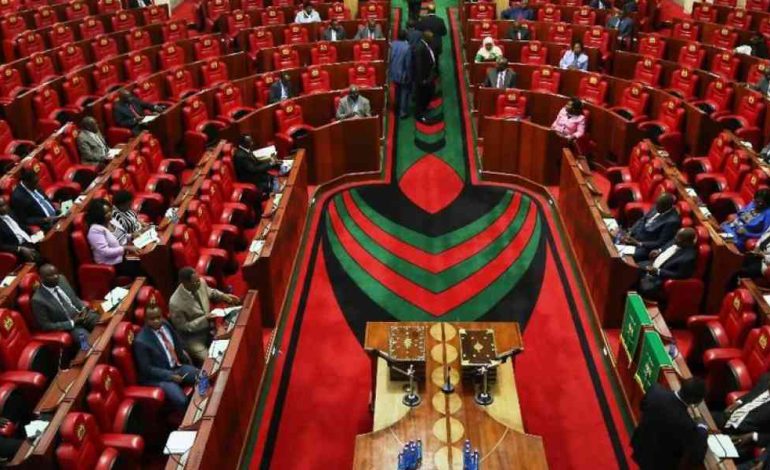Relief for Kenyans as MPs stop the taxation of cooking gas and pensioners
Members of Parliament have opposed treasury’s proposal to tax cooking gas and pensioners. The MPs backed most of the amendments made by the House Finance and National Planning Committee. However,

Members of Parliament have opposed treasury’s proposal to tax cooking gas and pensioners. The MPs backed most of the amendments made by the House Finance and National Planning Committee. However, they saw the move to tax LPG gas and the National Social Security Fund (NSSF) as unfair.
“Through these amendments, we have returned the benefit to pensioners. We have had a lot of cries from the elderly over the proposal to tax them. What we are doing here is to save the pensioners,” the Finance and National Planning Chairman Joseph Limo said.
READ ALSO: The losers and winners in the 2020/2021 Kenyan budget
Suba North MP Millie Odhiambo, on the other hand, said, “We need to find more novel ways of cushioning the economy than going after vulnerable people.”
The MPs voted to uphold zero-tax on maize flour so as to cushion Kenyans against the current harsh economic times. This is a change from 2019 when maize flour had been placed on exempt tax. The MPs will review the decision after six months so as to weigh the merits and demerits.
Beer and spirit vendors will also feel the impact as MPs have voted to tax drinks with an alcohol content that exceeds six per cent. This means that Kenyans will have to pay higher for certain beers and spirits.
The lawmakers have also supported the decision to tax digital companies a service tax of 1.5 per cent. Owning a home will be more expensive as the MPs have voted to tax income generated from homeownership savings plans (HOSPs). Loss-making companies will also have to pay a tax of one per cent of their gross turnover.
DON’T MISS: More loans by the state to increase debt load to 6.6tr
The 2020 Finance Bill had aimed at raising Sh38.9 billion but due to the amendments made in parliament, treasury will reap much less. The bill will now be passed on to President Uhuru Kenyatta who will approve it as it is or send it back to the house with amendments.
The Income Tax Act and Tax Procedures Act proposals will take effect on January 1st whereas other changes will be implemented after the president’s approval.




